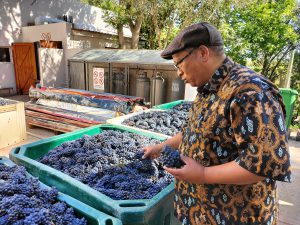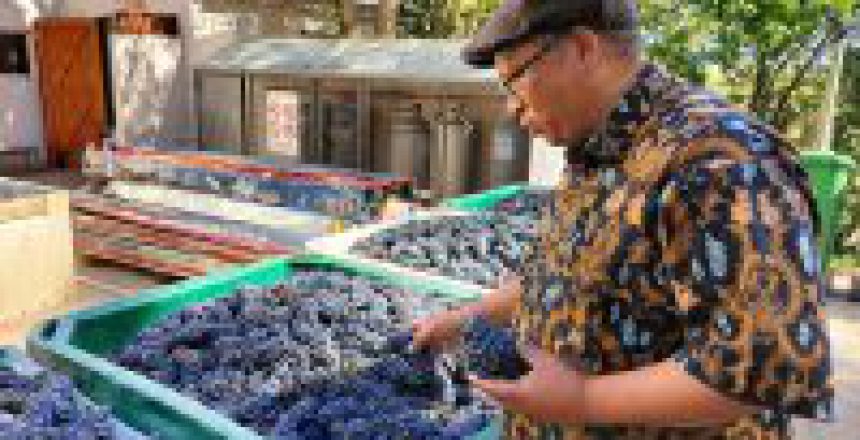On Friday, I wrote to the Minister of Agriculture, Land Reform and Rural Development, Thoko Didiza, requesting her assistance in ensuring that an unfair increase in excise duties does not negatively impact the wine industry. I did so in anticipation of next week’s Budget Address by the Minister of Finance, Enoch Godongwana.
I aim to prevent developments in the excise regime, which will be detrimental to the South African wine industry.
The agricultural sector is a vital ingredient of the Western Cape economy. In 2021 the value of Western Cape agricultural exports amounted to R51,8 billion.
Eight of the top ten provincial exports have their roots in farming. Hence, it is not strange that more than 66% of the value of Western Cape agricultural production gets exported. What makes this export situation more unique is that this growth took place in the face of the drought of 2017/18 and the disruptions associated with the recent Covid-19 pandemic. This shows the efficiencies and international competitiveness of the local agricultural sector.
Wine is the third most significant export product of the Western Cape economy and contributes 6,5% to the value of exports from the province. The department estimates that 45 610 people work in the primary production side of the industry and that it supports the livelihoods of 228 053 people.
The iconic nature of the wine industry results from the fact that it has strong linkages with the tourism sector. The wine industry needs special attention because:
- The average wine farm has three main streams of revenue: wine sales, some form of restaurant/tasting centre and tourism activities. However, because of Covid-19 lockdown measures, all three income streams were significantly curtailed for an extended period.
- During the initial stages of the Covid-19 lockdown, the South African wine industry was the only major wine-exporting country banning the exports of wine. The result was that market share was handed on a platter to some of our competitors.
- The South African wine industry has just emerged from one of the most severe droughts in its history, and in some areas (e.g., the Olifants River Valley), farmers had to make do with only 16% of their usual quota of irrigation water during the 2017/18 season,
- Over the past few years, the wine industry has also experienced a sharp decline in profitability. Official statistics indicate that 80% of wine farmers had a Net Farm Income (NFI) of less than R30 000 per hectare per year during 2018 – the minimum threshold of long-term sustainability in the industry, and
- In addition to the above, the current paucity of electricity supply does not bode well for the wine industry. We are currently in the middle of the wine grape harvesting season, which requires continuous electricity supply for destemming, pressing of grapes and cooling of the juice.
It is a matter of significant concern that the combined effect of the above will jeopardise the domestic and international competitiveness of the wine industry.
Therefore, an exorbitant increase in excise taxes may very well be the straw that breaks the camel’s back and lead many wine farms to ruins. Furthermore, careful consideration must be given to the competitiveness of labour-intensive industries such as wine compared to highly mechanised operations in the beer industry.
Ameliorating the possible negative impact of changes in excise duties on the wine industry is in the best interest of the Western Cape economy and the growth of jobs in the wine sector.

Media Enquiries
Daniel Johnson
Spokesperson for Minister Ivan Meyer
EmailDaniel.Johnson@westerncape.gov.za
0799904231 (m)


